Manchester Arena attack: Senior officers 'may not have read new terror plan'
- Published
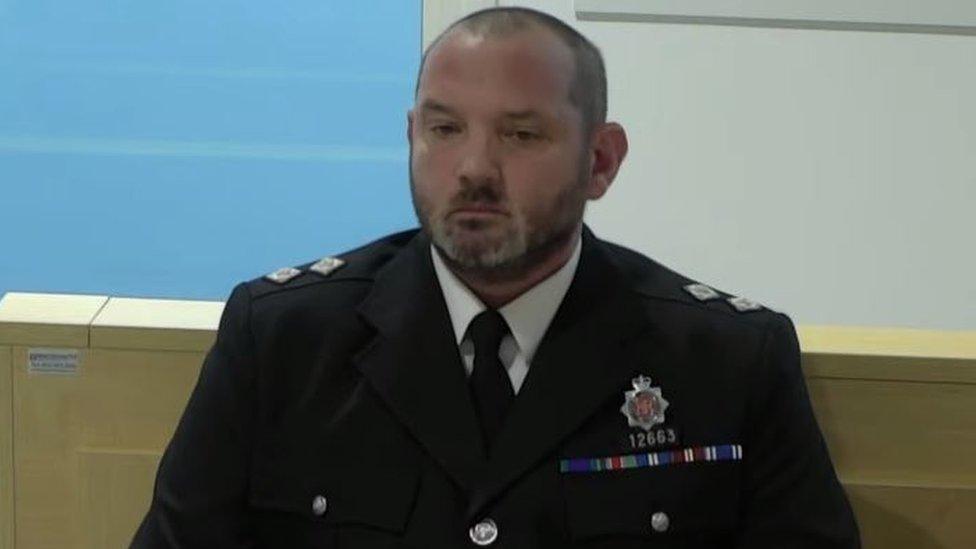
Insp Simon Lear has been giving evidence to the public inquiry into the Manchester Arena attack
A new counter-terrorism plan was issued 10 days before the Manchester Arena attack but it may not have been read by senior officers, an inquiry has heard.
Insp Simon Lear from Greater Manchester Police (GMP) was charged with coming up with the plan issued on 12 May 2017.
He told the attack inquiry it was a "distinct possibility" officers had not seen it since it was marked as "Draft".
The inquiry chairman also ruled medical reports for a friend of the Manchester Arena bomber can now be disclosed.
Twenty-two people were killed and hundreds more injured when Salman Abedi detonated a bomb at the end of an Ariana Grande concert on 22 May 2017.
Following the 2015 attacks on the Bataclan Theatre and Stade de France in Paris, Her Majesty's Inspectorate of Constabulary (HMIC) reviewed 15 police forces about their plans to deal with a marauding terrorist firearms attack (MTFA).
Inspectors told GMP the force's plans for Operation Plato were deficient but this was never passed on to Mr Lear.
Five months later, Mr Lear was ordered by his boss Supt Leor Giladi to carry out an "urgent review" of the plan within a month.
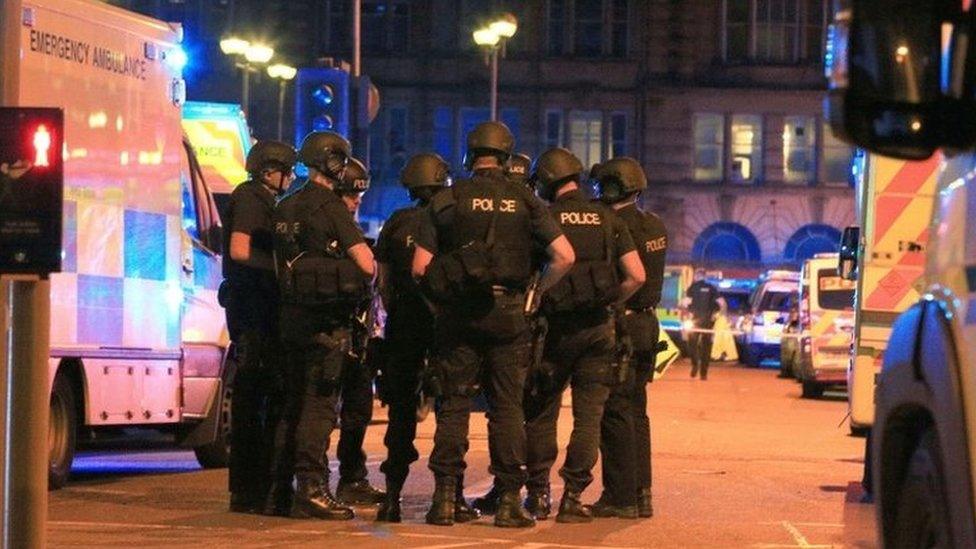
The public inquiry into the bombing is considering whether the attack could have been prevented
A key weakness of the original plan, identified by inspectors, and apparently common knowledge in the force, was the position of the force duty officer (FDO).
This is the senior officer in charge at HQ at the time of any terror attack, the inquiry heard.
It had already been pointed out that the officer would have so many substantial tasks to carry out in the early stages of a terror attack that he or she would be quickly overburdened and the police response compromised.
Although the inspectors had pointed out the weakness, it was not until five months after their debrief that Mr Lear was told by his boss that GMP needed a new plan for an MTFA.
Yet in the revised plan, drawn up by Mr Lear's colleague Sgt David Whittle, rather than reducing the workload of the FDO, it made no mention of the officer in such a position needing to delegate tasks and requiring help.
The new plan was approved and distributed on 12 May but, due to a "clerical error", Mr Lear said it was emailed out to FDOs and commanders marked as "Draft".

Twenty-two people died in the attack and hundreds more were injured when a bomb was detonated at the arena
The inquiry also heard how Mr Lear, who had 20 years' experience, left the unit responsible for counter-terrorism planning in Greater Manchester because it was so under-resourced it was making him ill.
Mr Lear recalled how the department had already suffered job cuts when he took over in 2014 and he did not believe the unit was properly resourced.
Meanwhile, inquiry chairman Sir John Saunders has ruled that medical reports for a convicted terrorist organiser can be disclosed to the core participants with irrelevant personal information redacted.
Abdalraouf Abdallah, who was visited by the arena bomber in prison in the months before the attack, is refusing to give evidence to the inquiry.
The families of those who died want to know why his evidence was postponed last year and what the basis is for his application not to be called as a witness.
A decision on whether to call Abdallah will be taken at a later date. In his ruling, Sir John said it was "essential that the fitness of Mr Abdallah is subject to detailed forensic examination".
The inquiry continues.

Why not follow BBC North West on Facebook, external, Twitter, external and Instagram, external? You can also send story ideas to northwest.newsonline@bbc.co.uk
Related topics
- Published22 February 2021
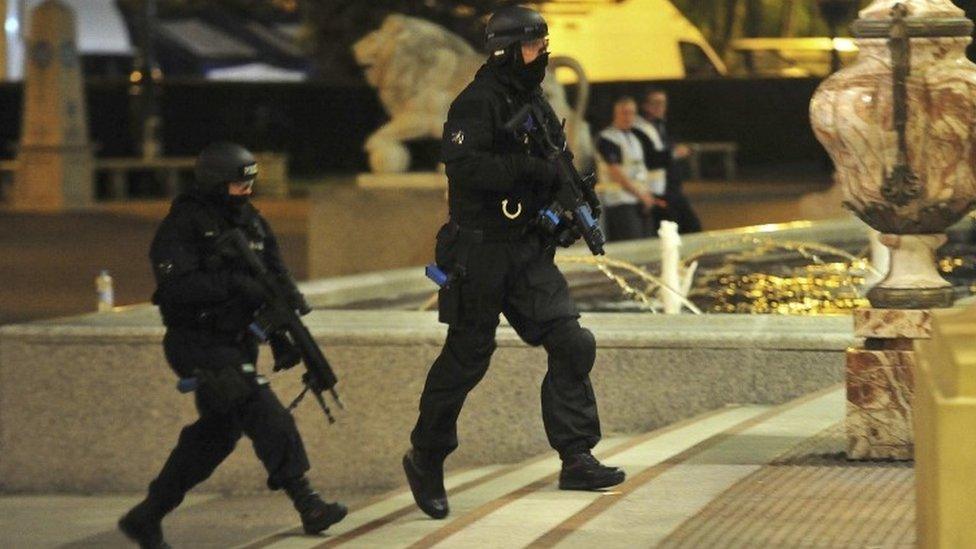
- Published16 February 2021
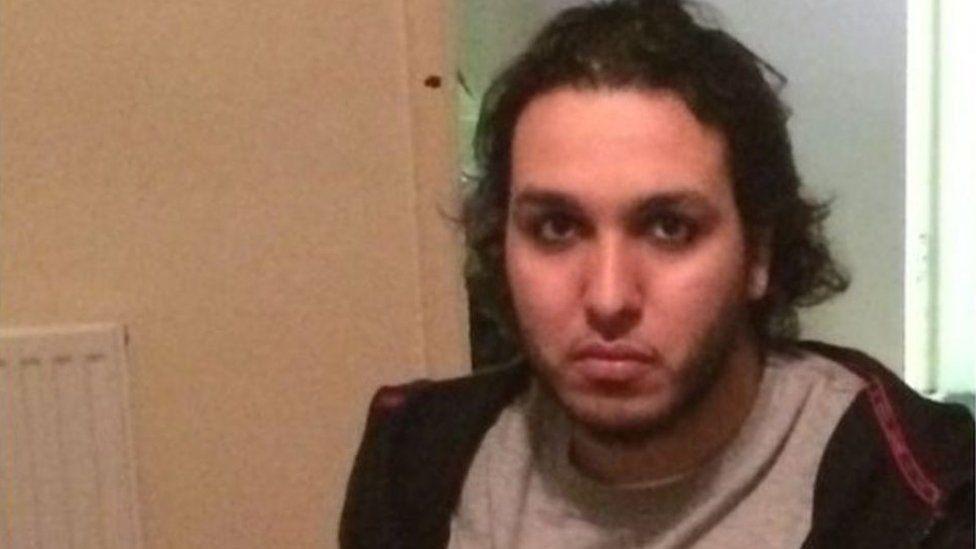
- Published12 February 2021
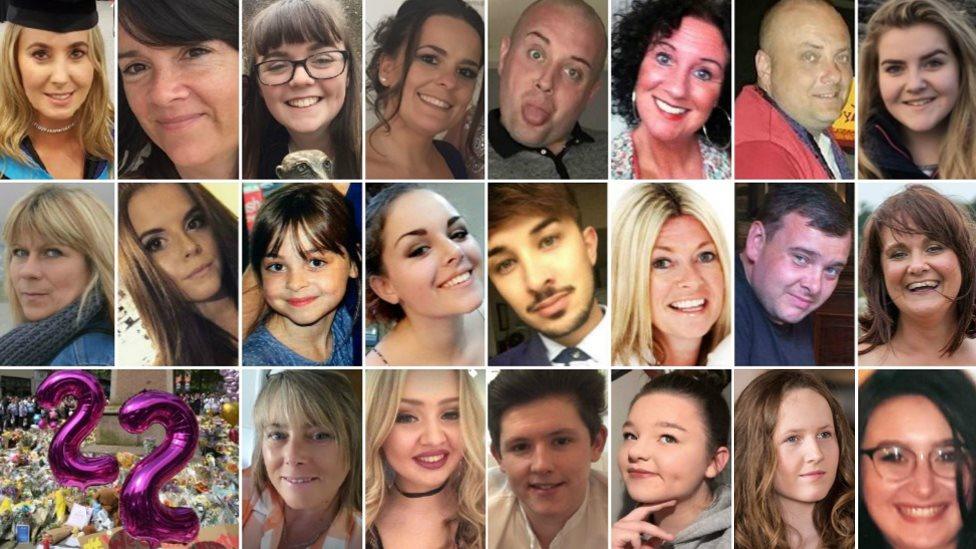
- Published10 February 2021
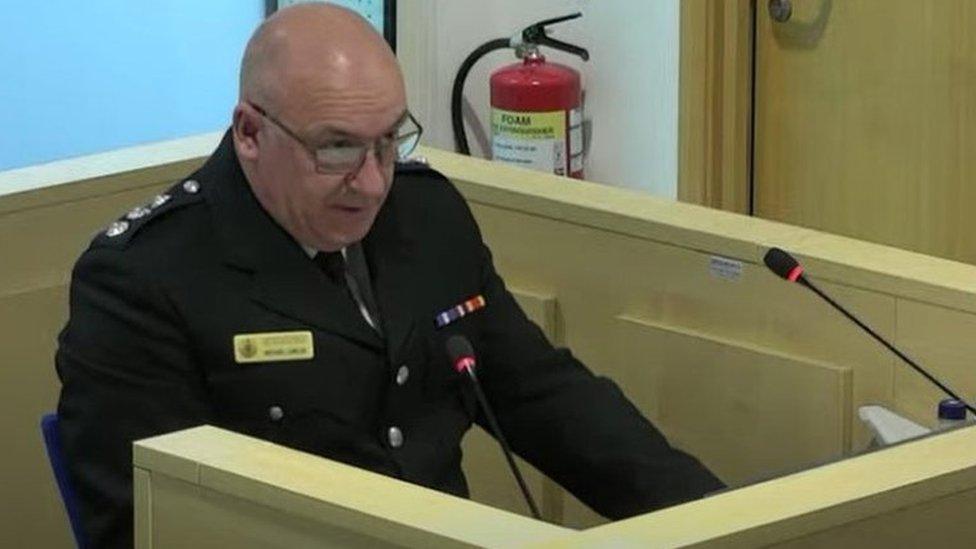
- Published17 March 2020
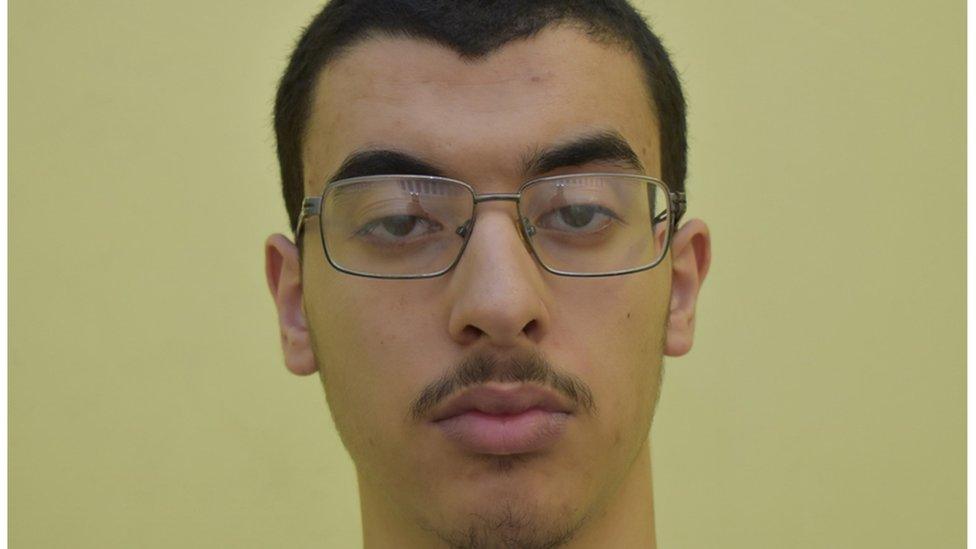
- Published17 March 2020
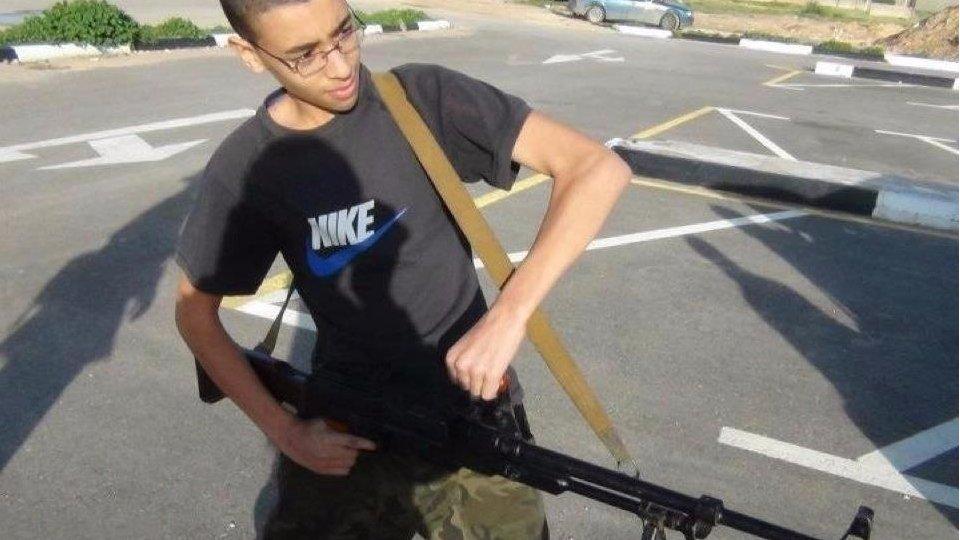
- Published3 November 2022
